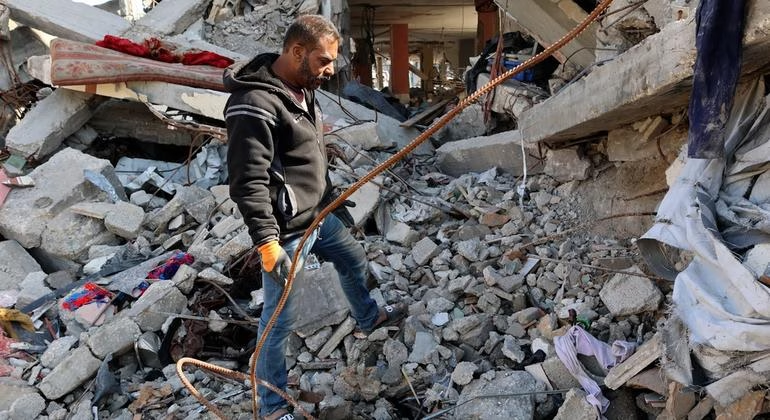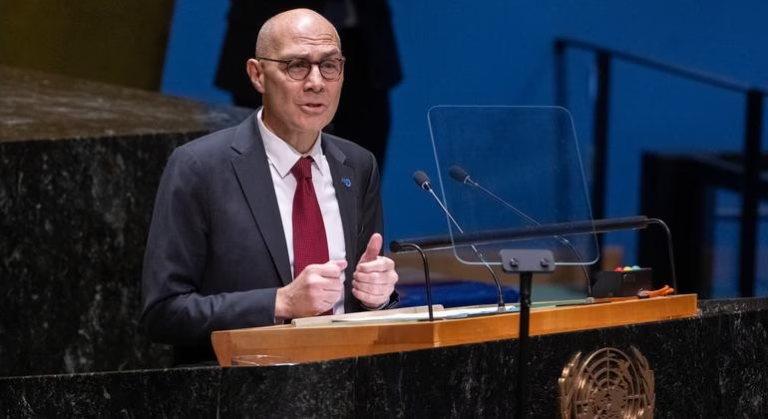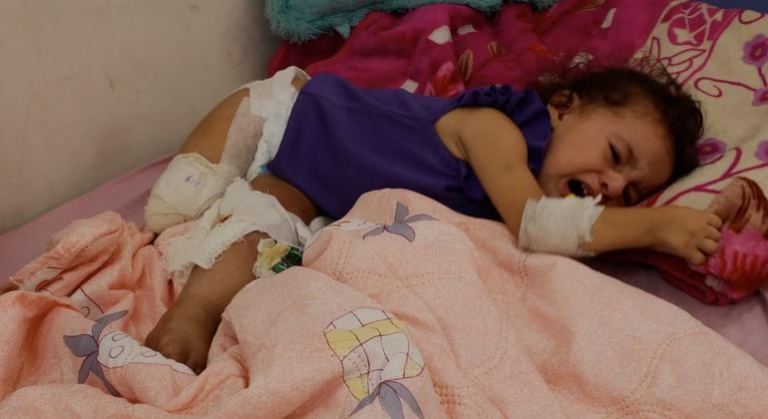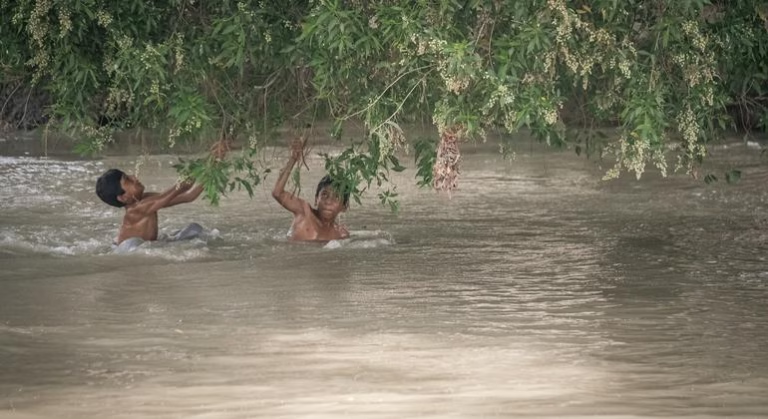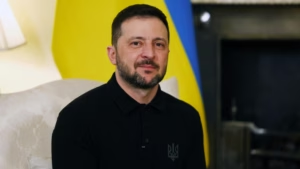In the war-torn landscape of Gaza, individuals like Yasser Ahmed and Ramadan Katkat find themselves navigating through the remnants of once-thriving neighborhoods in search of hope and semblance of normalcy. The destruction wrought by the conflict has left behind an estimated 51 million tons of rubble, turning the streets of bustling communities into mound upon mound of twisted debris and dirt. Amidst this devastation, thousands are left with the arduous task of sifting through the wreckage, using nothing but small tools and their bare hands, in hopes of unearthing vital documents like property deeds to establish their rightful ownership in a land marked by chaos.
Heavily reliant on the generosity of donors and international aid, the rubble removal process faces significant challenges. Funding shortfalls hinder the crucial work of clearing the debris, essential for addressing immediate human needs and laying the foundation for rebuilding. Despite the daunting task ahead, individuals and organizations, including UN agencies like UNOPS and UNDP, remain dedicated to the cause. Employing advanced technologies and collaborating with local authorities and NGO networks, these entities strive to safely clear the pathways to reconstruction while educating and preparing communities to navigate the inherent dangers of their surroundings.
As the international community deliberates on the future of Gaza and plans for its reconstruction, there is a growing consensus on the need for a comprehensive approach. Al-Majdalawi’s determination to rebuild is emblematic of the resilience and collective spirit among Gazans, a spirit that is looking towards a future where homes can be rebuilt and lives restored.
cessar matriz no geral”?
Source: https://news.un.org/feed/view/en/story/2025/03/1160661



